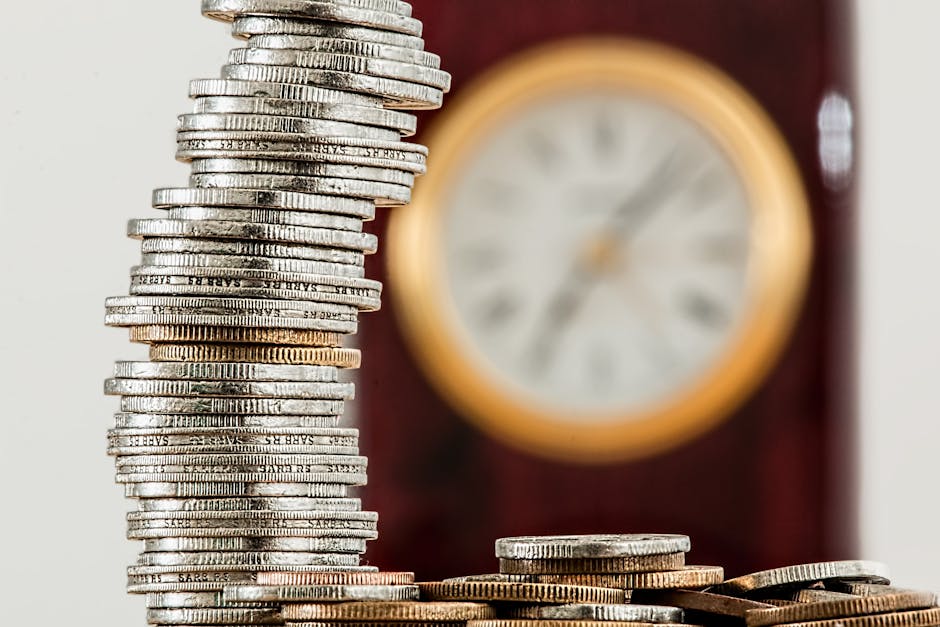Best Free Mint Alternative

So, you’re looking for a “free mint alternative.” That probably means you’re knee-deep in the world of NFTs, hunting for that sweet spot of getting in early on a promising project without shelling out a fortune. “Free mints,” where you only pay gas fees, are super popular, but let’s be real, landing a good one is like finding a unicorn riding a bicycle. They’re rare, hyped, and often gone in seconds. As a crypto enthusiast who’s been navigating this space for a while, I get it. The frustration is real. That’s why I wanted to explore some ways to score valuable NFTs without constantly chasing elusive free mints.

Understanding the Allure (and Risks) of Free Mints
Before we dive into alternatives, let’s quickly address why free mints are so appealing. The big draw is the low barrier to entry. You theoretically only pay the gas fee, which can be a small fraction of what a regular mint costs. This allows more people to participate, and if the project takes off, you could potentially see a huge return on your investment. Imagine turning a $10 gas fee into hundreds or even thousands of dollars! That’s the dream, right?
However, there are downsides. Free mints often attract a ton of bots and people who are just looking to flip NFTs quickly for a small profit, rather than being invested in the project’s long-term vision. This can lead to volatile price swings and a community that isn’t as strong or engaged. Plus, some free mints are just… bad. The art might be low quality, the roadmap nonexistent, or the developers might disappear after the mint. You also need to be super careful of scams. Clicking on malicious links or interacting with dodgy smart contracts can drain your wallet faster than you can say “rug pull.”
Alternatives to the Free Mint Frenzy
Okay, so free mints can be a bit of a minefield. What are some better ways to get into exciting NFT projects without constantly refreshing Twitter and competing with bots?
1. Focus on Whitelists and Allowlists
Getting on a whitelist (also sometimes called an allowlist) means you’re guaranteed a spot to mint an NFT at a specific time, often before the public sale. This gives you a huge advantage. Whitelists are usually earned through contributing to the community, participating in contests, or being an early supporter of the project. Think of it as being rewarded for your genuine interest and effort.
How to Get Whitelisted:
- Engage with the project’s social media (Twitter, Discord, etc.). Don’t just lurk; participate in discussions, ask questions, and offer helpful feedback.
- Enter contests and giveaways. Many projects run competitions where whitelist spots are up for grabs.
- Create content related to the project. Write blog posts, make videos, or create artwork showcasing your enthusiasm.
- Be an active and positive member of the community. Help others, answer questions, and contribute to a welcoming atmosphere.
The beauty of whitelists is that they often come with a discounted mint price, reducing your risk. Plus, you’re more likely to be part of a community of people who are genuinely interested in the project’s success.
2. Explore Pre-Sale Opportunities
Similar to whitelists, pre-sales offer early access to the mint, often at a slightly lower price than the public sale. Sometimes, holding a specific NFT from a previous collection will qualify you for a pre-sale in a new, related project. Keep an eye out for announcements about pre-sales on the project’s official channels.
3. Consider “Paid” Mints with Strong Fundamentals
Don’t completely dismiss projects that require you to pay for the initial mint. While it involves more upfront investment, it can be a smarter move in the long run. Look for projects with:
- A clear and well-defined roadmap. What are the project’s goals? What are they planning to build?
- A talented and experienced team. Research the team members and their backgrounds. Do they have a track record of success?
- A strong community. Is the community active, engaged, and supportive?
- Utility beyond just the art. Does the NFT unlock access to exclusive content, events, or other benefits?
- Unique and high-quality art. Does the art appeal to you personally? Is it well-executed and visually appealing?
Paying for a mint in a project with strong fundamentals can be a far better investment than gambling on a free mint with no substance.
4. Explore Secondary Marketplaces Strategically
Sometimes, you can snag a great deal on a secondary marketplace like OpenSea or Magic Eden *after* the initial mint. People might be willing to sell their NFTs for less than the mint price if they need quick liquidity or if the project hasn’t gained as much traction as they hoped. Do your research and look for undervalued NFTs within promising collections.
Tips for Buying on Secondary Marketplaces:
- Set price alerts to be notified when NFTs in your target collection drop below a certain price.
- Analyze the floor price and trading volume to gauge the project’s momentum.
- Be wary of suspiciously low prices, as they could be a sign of a scam or a manipulated listing.
- Use reputable marketplaces and double-check the smart contract address to ensure you’re buying a legitimate NFT.
5. Participate in Raffles and Competitions
Many projects run raffles or competitions where you can win NFTs. This is a fun way to get involved in the community and potentially score a valuable NFT without having to mint it directly. Follow projects on social media and keep an eye out for announcements about raffles and competitions.
Important Safety Tips
No matter which strategy you choose, always prioritize safety. The NFT space is full of scams, so be vigilant and take precautions to protect your wallet and your assets.
- Never share your seed phrase or private key with anyone.
- Be wary of suspicious links and never click on links from unknown sources.
- Use a hardware wallet for added security.
- Double-check the smart contract address before interacting with any NFT project.
- Do your own research and don’t rely solely on the opinions of others.
Frequently Asked Questions
What are “gas fees” and why are they so high sometimes?
Gas fees are the transaction fees paid to miners or validators on a blockchain network (like Ethereum or Solana) to process and confirm your transaction. High gas fees occur when the network is congested, meaning there’s a lot of activity happening at the same time. Free mints often attract a huge influx of users, leading to gas wars where everyone tries to outbid each other to get their transaction processed first.
How can I avoid getting scammed in the NFT space?
The best way to avoid scams is to do your own research, be skeptical of anything that seems too good to be true, and prioritize security. Never share your seed phrase or private key, double-check smart contract addresses, and be wary of suspicious links. Report any suspicious activity to the platform where it occurred.
What are some red flags to look out for in NFT projects?
Some red flags include a lack of transparency, an anonymous team, a poorly written whitepaper, unrealistic promises, and a community that is overly focused on price speculation rather than the project’s long-term vision. If something feels off, trust your gut and move on to another project.
Final Thoughts
Chasing free mints can be a thrilling, but often frustrating, game. By exploring these alternatives – focusing on whitelists, pre-sales, fundamentally strong projects, strategic secondary market purchases, and community engagement through raffles and competitions – you can significantly increase your chances of landing valuable NFTs without having to constantly compete in the free mint frenzy. Remember, due diligence and a patient approach are key to success in the NFT space. Happy hunting!



